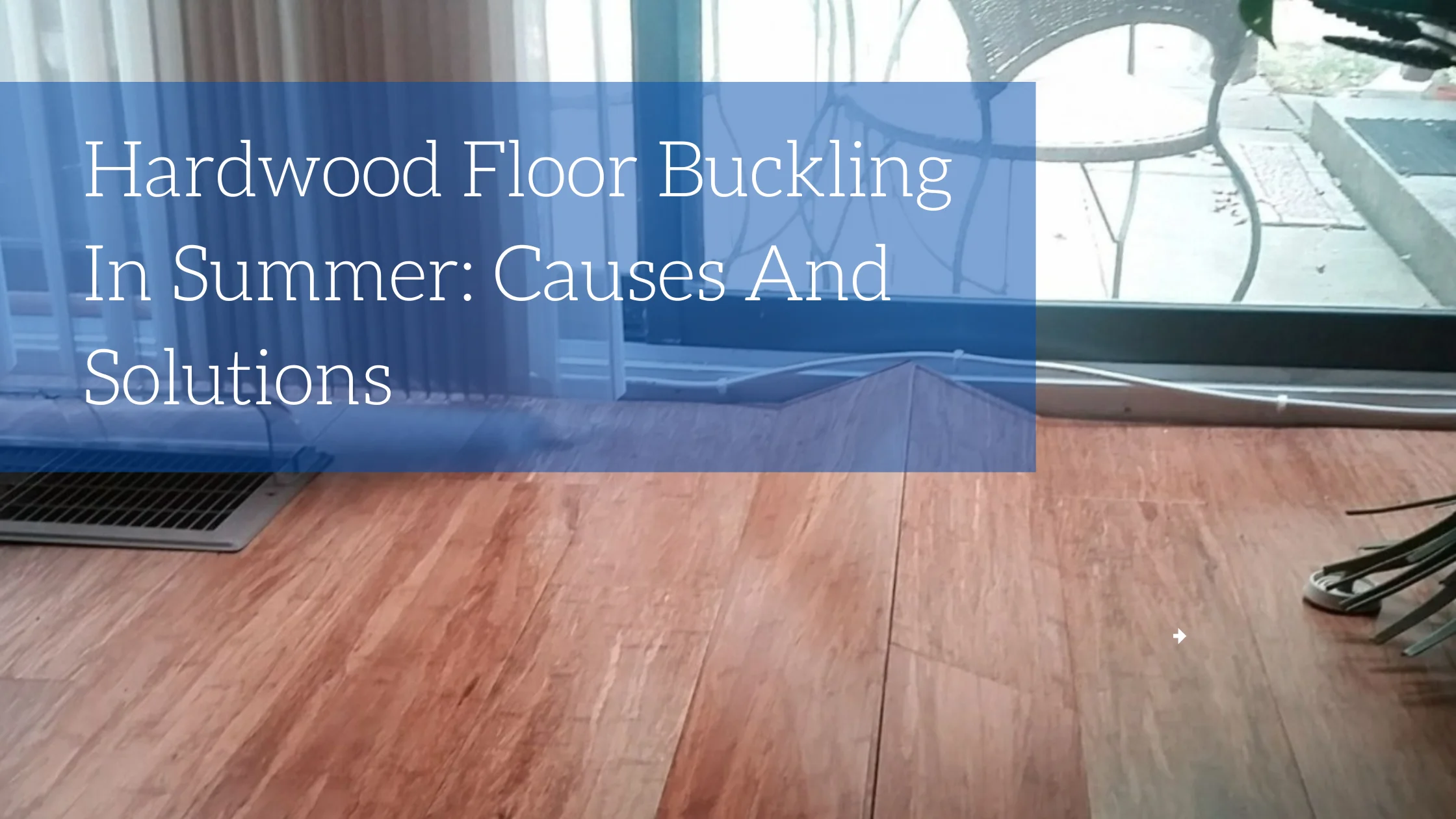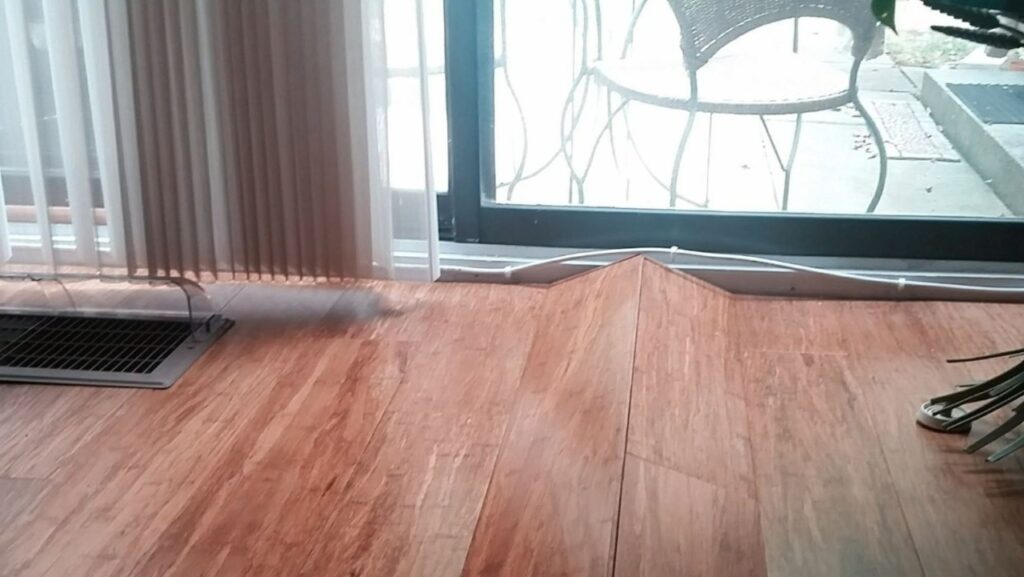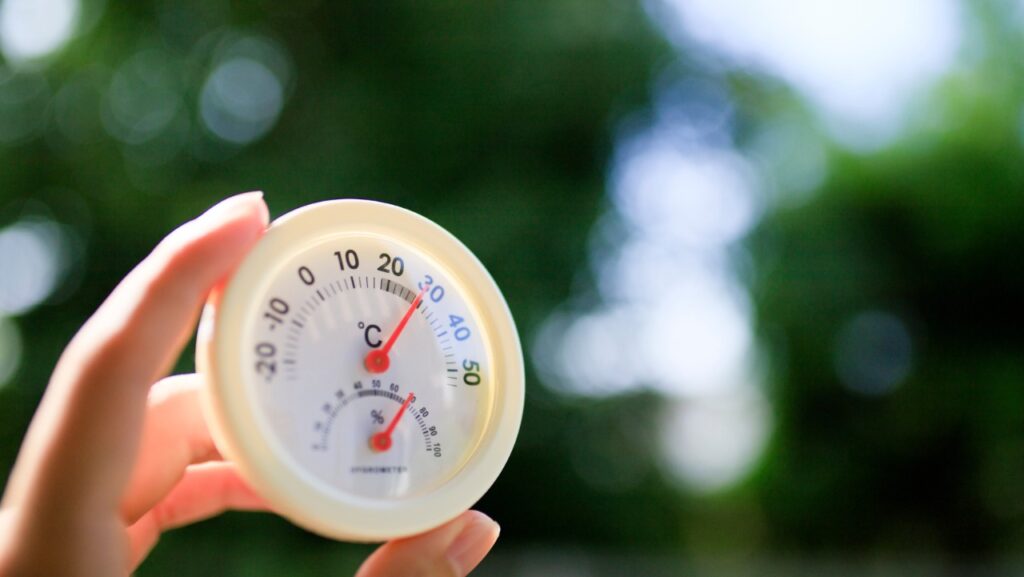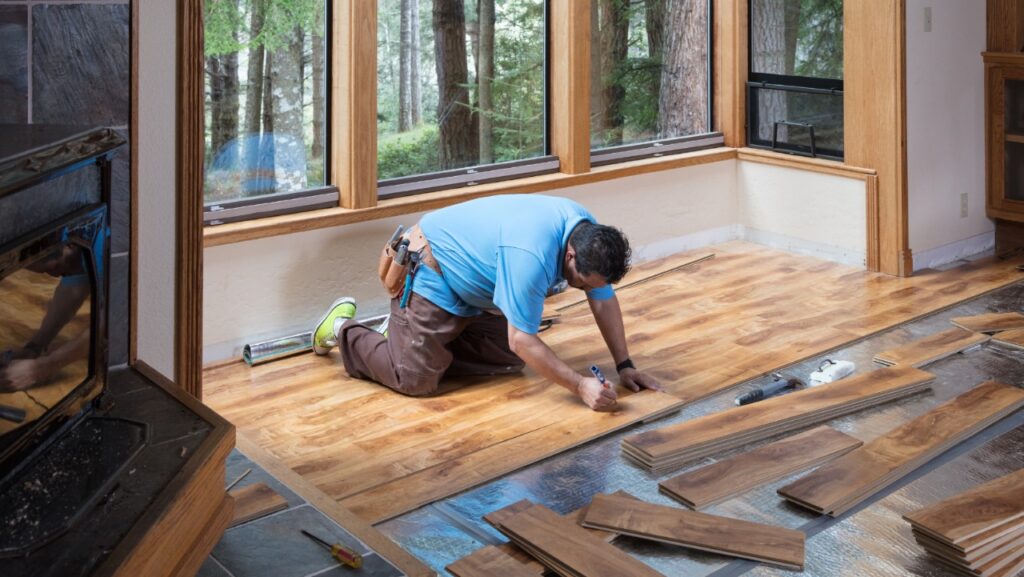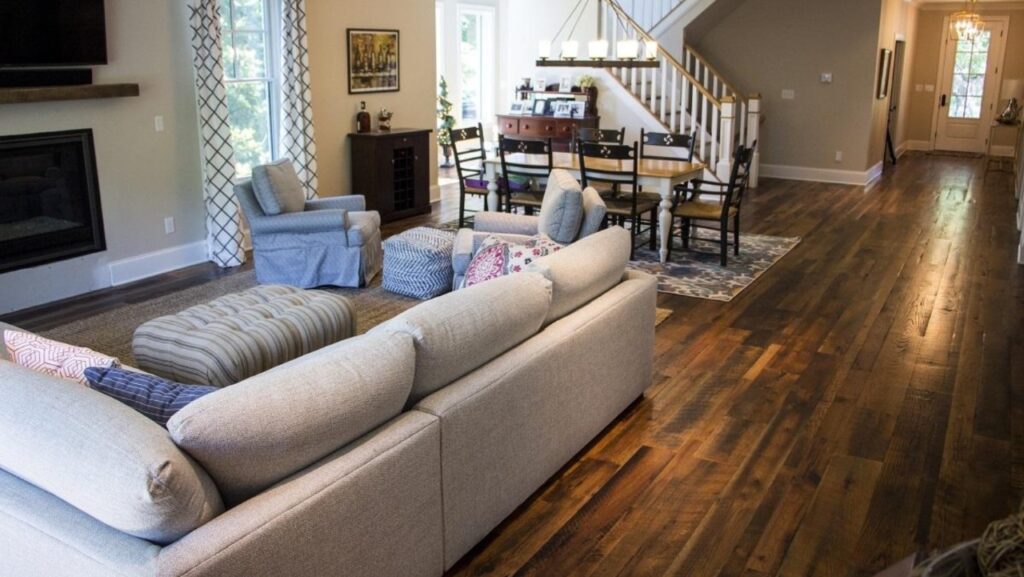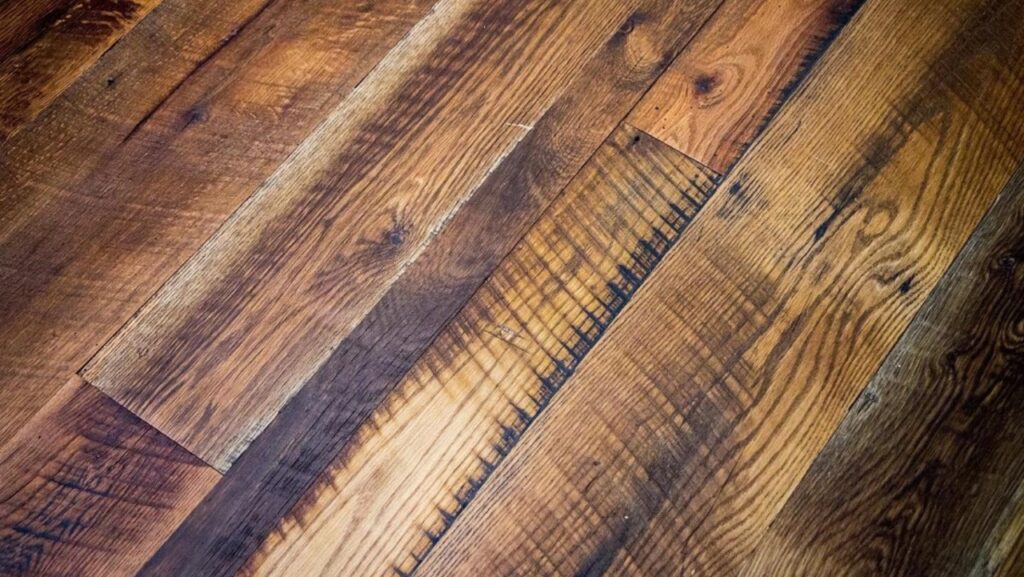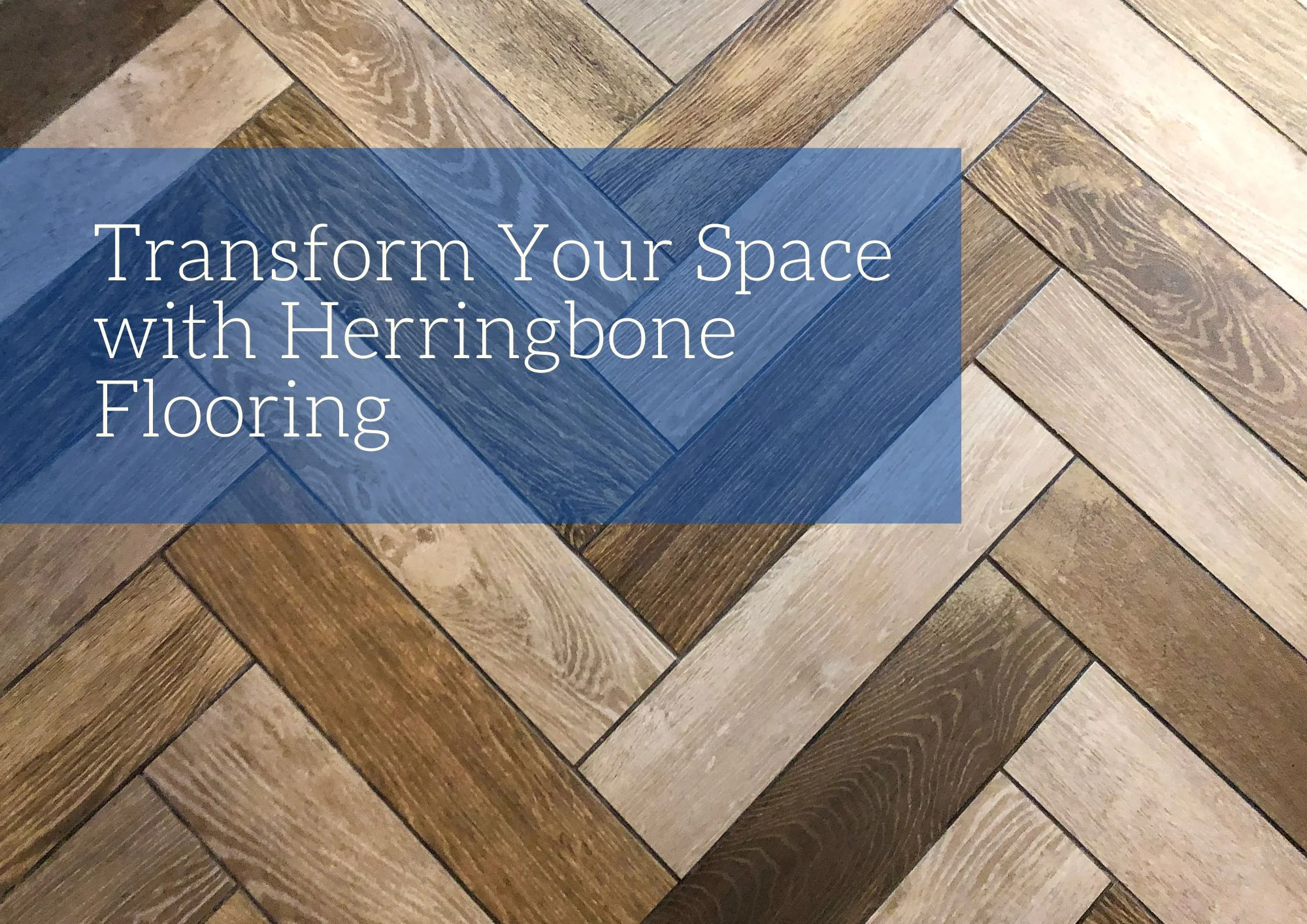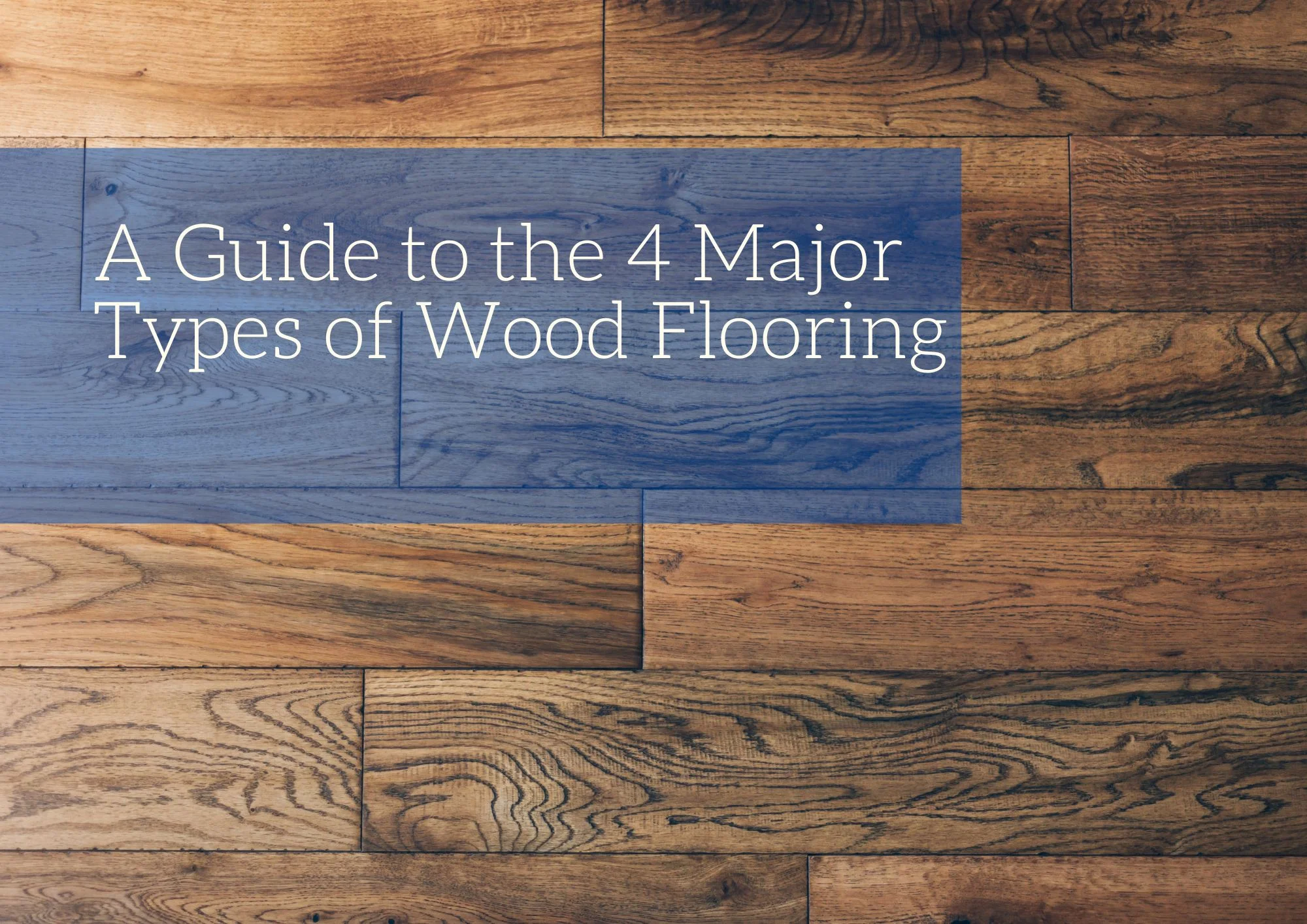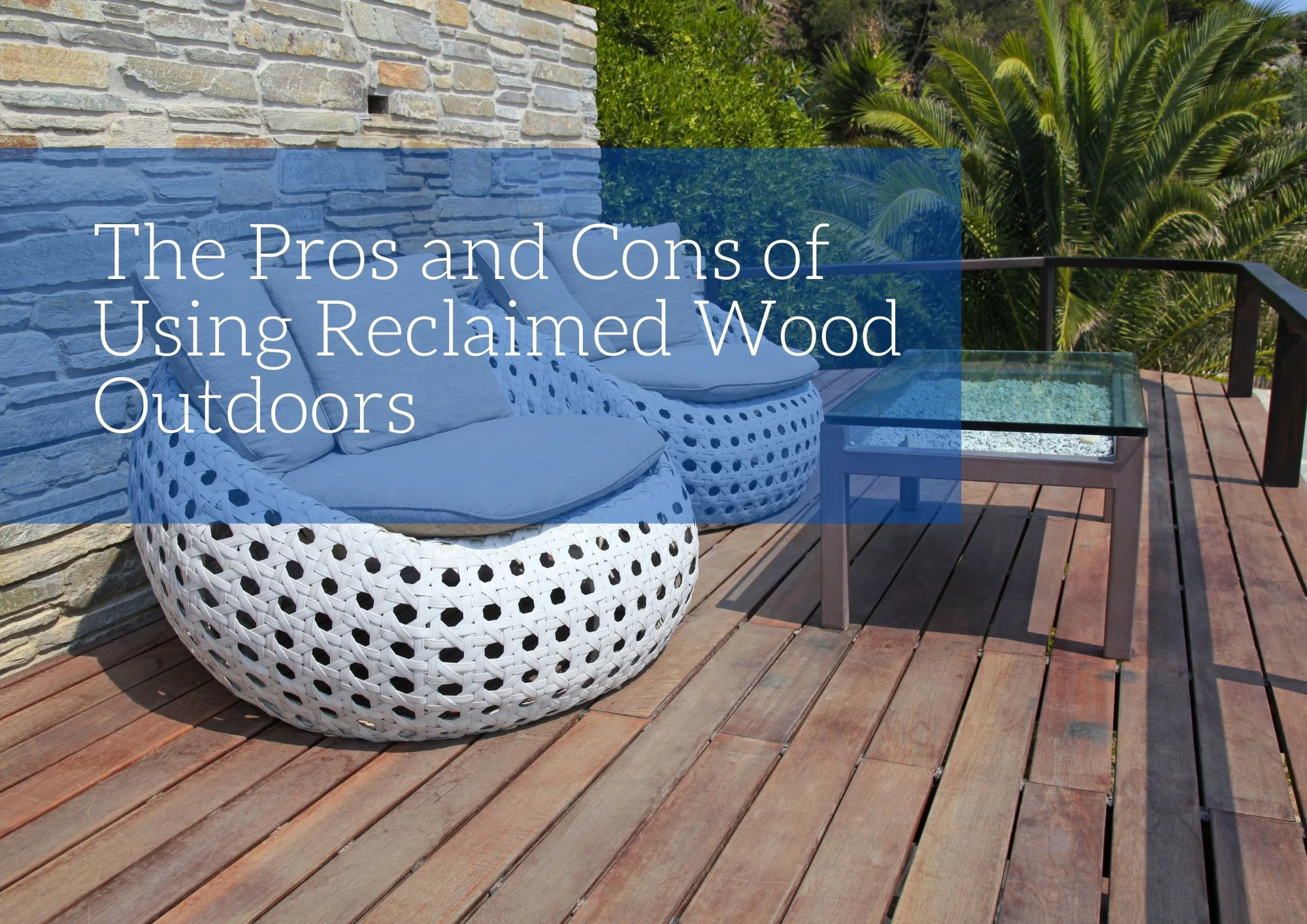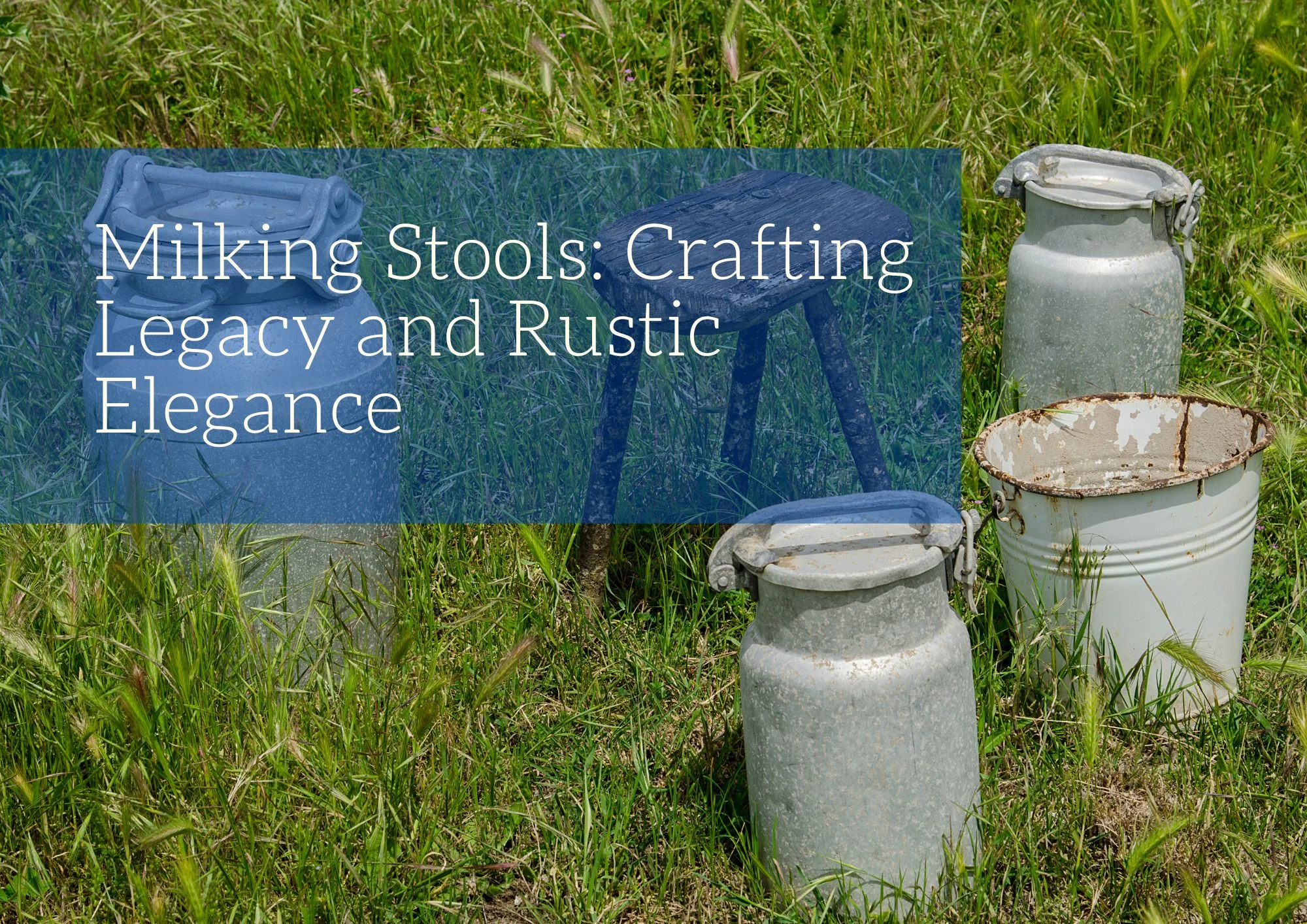Summertime is when we crank up the air conditioning and enjoy the fresh weather. But while we’re staying cool indoors, our hardwood floors may start buckling.
But what are the causes of this problem, and more importantly, what can be done to fix it? In this blog post, we’ll explore the causes of hardwood floor buckling in summer and offer some solutions on how to prevent it. Stay tuned!
Why Do Hardwood Floors Buckle In The Summer?
During the summer months, many homeowners notice their wood floors start to buckle. While this may seem like a mystery, there are actually a few reasons why this happens.
When the floor separates from the subfloor, that’s when the cupping occurs. Wood planks may curl up, creating a cup, or the area in the middle may begin to expand. Here’s why:
Humidity And Temperature Changes
In humid conditions or climates, a buckled hardwood floor becomes a real risk due to moisture imbalance. Wood is a natural material that expands and contracts with changes in temperature and humidity. When the humidity levels rise, the wood absorbs moisture from the air and starts to swell. Moisture-related causes of hardwood floor buckling in summer include:
– Leaks in pipes
– Excessive moisture content on the job site
– Insufficiency or lots of ventilation
– Soaked slab
– An issue with drainage
– A leaking roof
Humidity levels vary throughout the year. It is normally lower during the winter. It does, however, increase during the summer. The hotter temperatures cause the wood to expand. This expansion can put a lot of pressure on the floor, causing it to buckle. But, as the temperature cools in the evening, the wood contracts, creating gaps between the boards. Over time, this can cause the floors to warp and become uneven.
As a general rule, humidity levels should be kept between 30% and 50% (1). It is beneficial to both your flooring and your health.
Lack of Acclimation
Acclimation is another factor that might contribute to a cupped floor. The act of enabling the wood floor to adapt to its new surroundings is known as acclimation. Thus, before installation, your wood floor should be stored in the same conditions as the one it will be used in. A successful acclimation procedure will allow the moisture in the wood to be absorbed or distributed until it is “equal” to the surrounding air. As a result, after the wood has stabilized, it will no longer shrink or expand as a result of moisture imbalance. It will become “accustomed” to its surroundings. If you don’t allow the wood to be properly acclimated, it will expand and contract after you’ve installed it, which can very likely cause problems later.
Improper Wood Flooring Installation
Poor nail-down wood flooring installation (incorrect subfloor construction, insufficient nailing) may also cause buckling over time.
Insufficient or wrong adhesive, as well as subfloor contamination or separation for glue-down flooring, is risky for your wood floors.
So, how does one go about flattening a cupped wood floor?
How To Fix a Cupped Floor:
- Never try to repair a cupped floor until all moisture sources have been identified and addressed. Before resanding a cupped floor, the moisture content of the solid wood flooring must be in balance with the expected in-use (normal living) circumstances. Since wood is not permanently warped or damaged, it should return to its former shape and size when the moisture content returns to its normal level. This might take several weeks, months, or even a whole season. Sanding should be postponed until all moisture levels return to normal.
- When too much moisture makes it hard for the flooring fastener or adhesive to hold the floor in place securely, or when the floor moves or makes noises like squeaks, crackles, or pops, the affected flooring and/or wood subflooring material may need to be changed, fixed, or injected with the right adhesive.
- Minor cupping due to maintenance, finishing operations, or as seen with broad plank flooring may not necessitate treatment.
How To Avoid Hardwood Floor Buckling In Summer
To prevent cupping and hardwood floor buckling in summer. Here are some tips:
- Invest in a dehumidifier: This will help to regulate the humidity levels in the air, which can prevent your floors from expanding and contracting too much.
- Avoid placing furniture directly on top of your wood floors: The weight of the furniture can cause the floors to buckle, so make sure to use furniture pads or mats under your furniture legs.
- Avoid wet mopping: When cleaning your floors, be sure to use a dry mop or vacuum. Wet mopping can cause water to seep into the boards, leading to cupping or buckling.
- Check your AC unit: Make sure that your air conditioning unit is properly maintained. During the summer months, it should be set to run continuously in order to keep the indoor air dry.
- Watch for leaks: Be on the lookout for any leaks, whether from appliances, plumbing, or windows. These can all lead to excess moisture in the air, which can cause your floors to cup or buckle.
- Be sure to use floor mats or rugs at all entrances to your home to prevent dirt and moisture from being tracked in.
- Don’t keep potted plants on the floor.
- Wet towels, boots, or shoes would be best to keep off your floor.
- Renew the seal. If your floors have a wax seal, you should apply this once a year. For polyurethane-sealed flooring, this should be done every few years.
Investing in hardwood floors is a great choice but requires proper preparation. They are no more difficult to maintain than any other type of flooring, but proper care is essential. The only difference is that hardwood floors never go out of style and can last a lifetime if properly maintained. Ask a professional in your area about your region’s climate. Because of the humidity in your area, solid hardwood floors may be a perfectly safe choice. However, it’s possible engineered wood flooring is a safer bet because of the humidity. An experienced flooring professional in your area would know best. Request a free quote today for more instructions on how to fix hardwood floor buckling in summertime.
- “Three Signs Your Home Has Poor Indoor Humidity.” Lennox, www.lennox.com, https://www.lennox.com/lennox-life/comfort-matters/getting-comfortable/three-signs-your-home-has-poor-indoor-humidity#:~:text=The%20ideal%20relative%20humidity%20for,of%20moisture%20it%20can%20contain. Accessed 20 July 2022.

